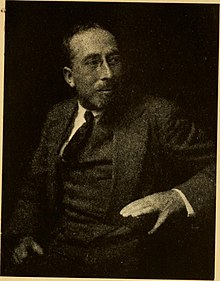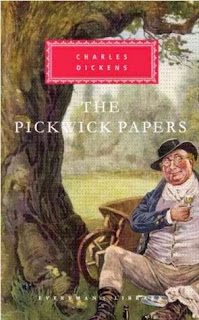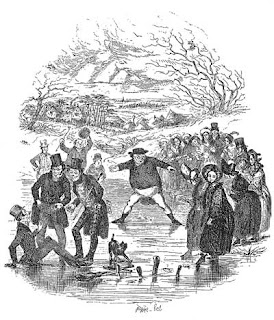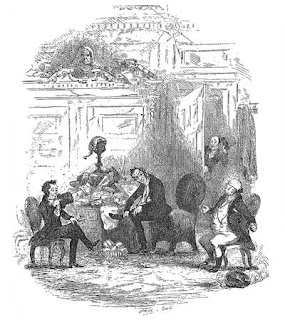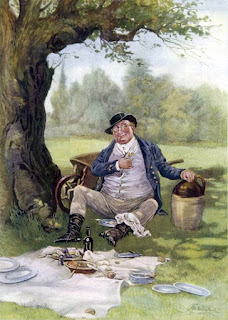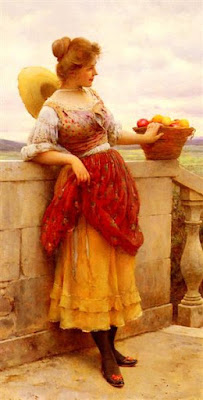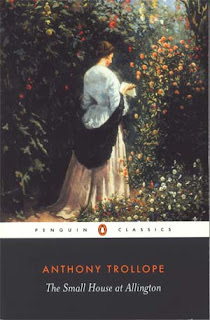The discussion continues from How To Think About Man, with the examination of the two questions, the nature of man and the origin of man. In the last talk/essay, both opposing views were presented: before Darwin man was seen as having a special, distinct nature, but after Darwin he is see only differing in degree from other animals but is otherwise the same.
Adler wishes to approach this issue logically as it is important to see the issue clearly in order to access both arguments. Luckman says that they have received letters criticizing Adler for taking the side of Darwin and Adler expresses his delight. He implies his view is the exact opposite and is pleased with the error as it proves he is so far presenting the argument without any personal bias. He does not plan to argue either for or against any one side, merely to present the issues logically and fairly.
 |
Young Man (The impassioned singer)
Giovane uomo (Il cantore appassionato)
Giogorgione
source Wikiart |
Differences in Kind and Differences in Degree
Adler begins with the definition of man. There have been many definitions, but defining him as a “rational animal” is the most accurate, as it underlies all the other definitions. However it is not the definition but the interpretation of it that is the issue as it implies humans alone are rational.
Adler moves to the distinction between “kind” and “degree” which is important to understand to move ahead in the examination of the issues. He gives an analogy of two lines of different lengths. They have the same traits, only one is longer and one is shorter. They differ in degree. However, a circle and a square do not have common traits — one has angles and one does not — their differences are differences in kind.
Luckman says many scientists believe that the difference between kind and degree, is itself a difference of kind or degree; he gives the example of a many-many-sided polygon which eventually approaches and appears like a circle. Adler does not agree with this statement. No matter how closely the polygon will appear like a circle, it will never be a circle; “difference in degree is never difference in kind and vice versa.” When two things differ in degree, there always can be intermediates, such as an intermediate line between the two in his above example, but there is no intermediates between differences in kind. They can have things in common, but there will always be a property or charcteristic that the other completely lacks. The one with the additional property will be hierachically above the other.
Luckman interjects, saying that it seems that Adler’s definition of difference in kind is accepted by evolutionists and he wants to know how Adler thinks they differ. After all, apes are different from horses and therefore so must man be different. He does not see the issue. Adler says there is one, and he intends to make it clear.
 |
Man and Ape
Stanley Pinker
source Wikiart |
Differences in Kind Exclude Intermediate Forms
Adler claims Luckman made a misstatement and although the evolutionists do see some forms of life as lower and some higher, they believe they differ only in degree. How does Adler know this? Because evolutionists believe in the continuity of nature. There would be “no underlying continuity in nature …. unless intermediate varieties were possible as between different species in the scale of thing or the greater things”. These intermediate varieties must be possible, even if they are only missing links. Those species which the biologist classifies as kinds are only apparent kinds, yet with the definition of man, they are real kinds.
Adler offers two conceptions:
- a conception of species with missing links between them, with intermediate varieties
- a conception of species without any missing links or without any intermediate varieties
The present biological understanding is that species are only apparent kinds, separated by the possibility of intermediate varieties and therefore can be a difference in degrees.
One more fact, modern science has hypothesized that if all possible forms of life or every species ever know existed on earth at the same time, there would be no species, just individual differences in degree. The philosophical conception is species are real kinds with no intermediate varieties; modern biology sees the kinds with a possibility of intermediate varieties.
We get back to the question of how man differs from other animals: if in kind there is no intermediate varieties possible, but if in degree there are possibilities of intermediate varieties.
Adler emphasizes that so far he has only presented the facts without prejudice to one side or the other. Next time, he is going to present the evidence and arguments from the evolutionist’s point of view, that man only differs in degree which sets the stage for natural evolution. He will then produce arguments and evidence for the opposing side, that man differs essentially in kind which would make a natural evolutionary process impossible.
Phew! This talk became hard to follow about halfway through but I do believe I get Adler’s point. His next essay/talk is The Darwinian Theory of Man’s Origin.
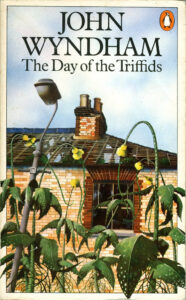 “When a day that you happen to know is Wednesday starts off by sounding like Sunday, there is something seriously wrong somewhere.”
“When a day that you happen to know is Wednesday starts off by sounding like Sunday, there is something seriously wrong somewhere.”




